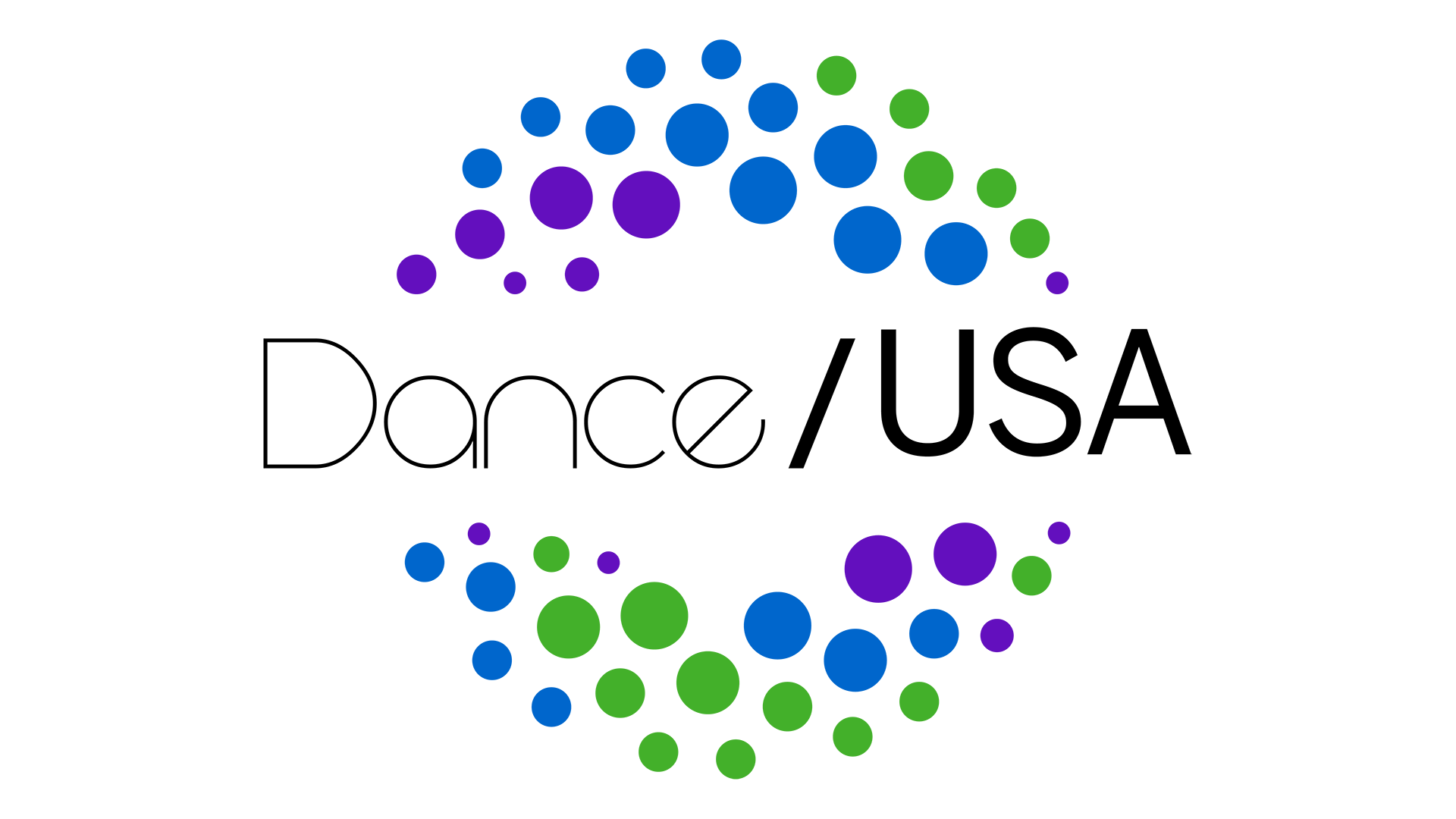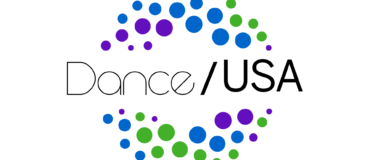A Personal Story
By Alexander Leslie Thompson
I have been without health insurance for one year, three months, and 10 days as of today. I am 27 years old, physically active, have no chronic health problems that require treatment or medication. I don’t smoke. I only drink on occasion (and then in moderation), and as a freelance dancer and part-time non-profit administrator in New York, I make about $22,000 a year after taxes. I am at once exactly the kind of person the Affordable Care Act was written for, and exactly the kind of person they are afraid won’t sign up.
If I choose not to sign up I will be penalized $224 (1 percent of my income). The cheapest plan that’s available to me (including the $256 per month subsidy I qualify for) is $51 per month through Health Republic (The Freelancers’ Union Marketplace plan), which works out to $612 per year. So it seems theoretically cheaper for me to stay uninsured (see my post for the Dance/NYC Junior Committee on What Dancers Need to Know About the New Health Insurance Exchanges and Dance/USA’s Affordable Care Act Resources for more specific information about the new law).
A year and a half ago I was mugged while walking home through Prospect Park after one of their many free summer concerts. It happened quickly, my phone was stolen, and I was hit repeatedly in the face. I was lucky: the two men who mugged me were caught, my phone was eventually returned to me, and I was very well taken care of by the police, the paramedics in the ambulance, and the x-ray techs, Trinidadian nurses, and doctors at New York Methodist Hospital. I did, however, have my nasal septum crushed and was told I would have to have reconstructive surgery in order to breathe properly.
This entire time I was covered under my father’s Blue Cross Blue Shield insurance policy thanks to a provision in the Affordable Care Act that made it possible for people to stay on their parent’s health insurance until they are 26, so I thought that I was fine. Until I got bills from the ambulance company ($600), the anesthesiologist ($650), and the surgeon ($28,900). I’ve submitted two appeals and have worked out a financing plan with the surgeon, but this was and is my nightmare.
The bottom line is that, even as a healthy young person, unexpected things happen all the time, especially in a city as dynamic as New York and especially when you work in a profession that regularly calls on you to put yourself in physically precarious, reckless, and sometimes dangerous situations. I haven’t seen Punchdrunk’s immersive dance/theater work Sleep No More yet (for the price of the ticket I could pay for two months of health insurance), but I have many friends who have performed in it and the cast is injured on a regular and rotating basis.
All of that is why this past week I signed up for the Marketplace and started reviewing plans. The application was extremely easy (I am taking less paid freelance work and depending more on my non-profit paycheck so my income was easier to estimate than many of my colleagues). I have narrowed my choices down to Oscar and MetroPlus. MetroPlus is the most affordable, has a strong track record, and offers vision and dental. I like Oscar because it addresses many of the frustrations and inefficiencies of our current system with technology, offering a 24-hour doctor hotline, and allowing you to search for a provider by typing your symptoms into their website like a normal human being without having to know any medical terminology (e.g., you could literally type in “my tummy hurts” and it would show you a list of doctors in your area that could provide you with care). My only hesitation with Oscar is that it are new, so it has no track record to review. Choosing a plan has had me almost giddily excited.
In spite of its rocky rollout, I think the Affordable Care Act is indisputably better than what we had before. But it certainly isn’t perfect. In spite of its rocky rollout, I think the Affordable Care Act is
indisputably better than what we had before. It certainly isn’t perfect.
I think that many dancers will find it difficult to estimate their yearly income on the Marketplace application; most of my friends work project to project, and the fees they are paid vary wildly. It will be very important for dancers to update their financial information on their account as it changes (which fortunately is very easy to do). Dancers are also both busy and cautious when it comes to important financial decisions so we will probably end up signing up closer to the deadline. The fact that none of the plans on the Marketplace in New York offer out-of-network coverage will make it difficult for touring artists to get care while they are out of state (thankfully the Freelancer’s Union still offers affordable PPO options with out-of-network coverage). On the other hand, these are fixable problems that we, as a field, can advocate for. And we have organizations like Dance/USA and Dance/NYC on our side.
Between the Medicaid expansion (only in 25 states plus Washington, D.C., so far) that qualifies anyone making less than $15,850 per year for free health insurance, and the health insurance subsidies for anyone making less than $45,960 per year, I am optimistic that we may be very close to the day when every dancer can afford health insurance. As I have said before: perhaps, and hopefully, today is that day.
 Alexander Leslie Thompson is a freelance dancer, choreographer, musician, administrator, and transplant to New York City by way of his hometown in Kansas City, Missouri. He currently serves on the Dance/NYC Junior Committee and Doug Varone’s Junior Board and works as the associate artist program manager at New York Live Arts striving to find ways to provide much needed services to dance artists in New York City. You can follow him on Twitter at @lexanderthomp.
Alexander Leslie Thompson is a freelance dancer, choreographer, musician, administrator, and transplant to New York City by way of his hometown in Kansas City, Missouri. He currently serves on the Dance/NYC Junior Committee and Doug Varone’s Junior Board and works as the associate artist program manager at New York Live Arts striving to find ways to provide much needed services to dance artists in New York City. You can follow him on Twitter at @lexanderthomp.
____
We accept submissions on topics relevant to the field: advocacy, artistic issues, arts policy, community building, development, employment, engagement, touring, and other topics that deal with the business of dance. We cannot publish criticism, single-company season announcements, and single-company or single artist profiles. Additionally, we welcome feedback on articles. If you have a topic that you would like to see addressed or feedback, please contact communications@danceusa.org.
Disclaimer: Opinions expressed in guest posts do not necessarily represent the viewpoints of Dance/USA.


